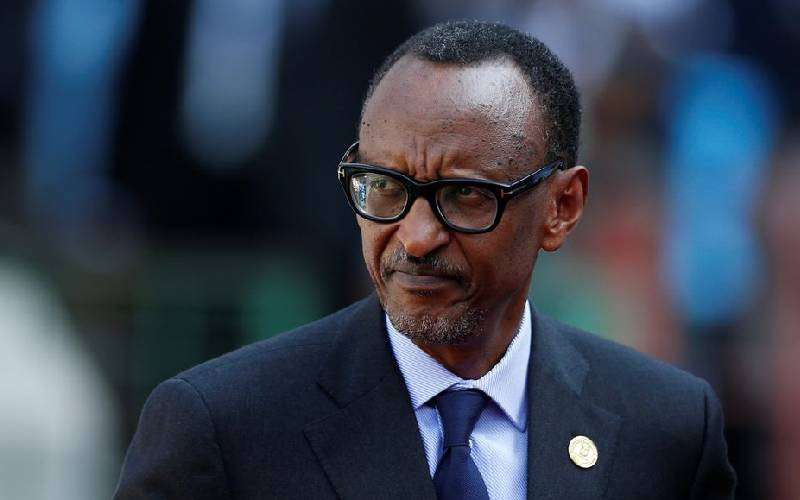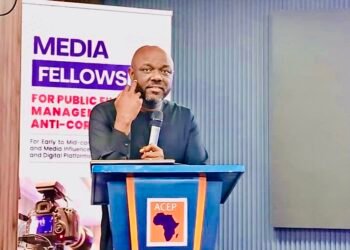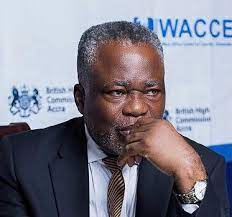Rwandan opposition figure Victoire Ingabire has been arrested once again, reigniting international scrutiny of the country’s political environment.
According to the Rwanda Investigation Bureau (RIB), Ingabire was taken into custody in Kigali and is facing charges of inciting the public and involvement in forming a criminal organization. The arrest has stirred debate over the state of civil liberties and political openness in Rwanda.
Ingabire, who leads the unregistered opposition party DALFA–Umurinzi, previously served six years of a 15-year sentence handed down in 2012 after she was convicted for allegedly conspiring to form an armed group and for minimizing the 1994 genocide. She was granted early release in 2018.
The latest allegations against her suggest a continuation of state scrutiny over her political activities. RIB stated late Thursday that Ingabire had played a role in the “creation of a criminal organization” and engaged in activities that could “incite public disorder.” No date has been announced for her court appearance.
Her political journey has long been a source of contention. Ingabire returned to Rwanda from exile in the Netherlands in 2010, intending to contest the presidential election. However, she was disqualified after being accused of denying the genocide. Critics argue her ongoing legal troubles reflect broader systemic constraints on opposition activity in the country.
President Paul Kagame, who has ruled Rwanda since 2000, was re-elected last year with 99.18 percent of the vote, a result that drew attention both for its scale and the absence of credible opposition.
While Kagame is widely praised for rebuilding Rwanda after the genocide, transforming it into one of Africa’s fastest-growing economies, he has also faced persistent accusations of political repression and human rights violations. Kagame has consistently denied such allegations, maintaining that Rwanda’s progress is the result of disciplined leadership and a focus on national unity.

Tight Control Limits Political Space
Rwanda’s political system is marked by a dominant ruling party, the Rwandan Patriotic Front (RPF), and an unusual model of governance that prioritizes consensus and cooperation over adversarial multiparty competition.
Though opposition parties exist, they are often viewed as symbolic, with little genuine opportunity to challenge the status quo. The RPF, founded by Kagame and credited with ending the genocide, maintains firm control over state institutions, civil society, and the media.
The Rwandan constitution, shaped by post-genocide consultations, adopts a power-sharing model meant to prevent political divisions that once fueled ethnic violence. It mandates that the president and the speaker of the Chamber of Deputies come from different political organizations and imposes restrictions on cabinet appointments to avoid single-party dominance.
A National Political Consultative Forum exists to foster dialogue among registered political groups. While this framework is intended to ensure cooperation and stability, it has also been criticized for curbing authentic political competition and free expression.
In practice, critics argue that the government exercises an authoritarian grip that stifles dissent. Opposition figures, journalists, and activists often face intimidation, exile, or worse. The parliament, observers say, primarily functions to validate executive policies rather than engage in meaningful debate or oversight. The lack of vibrant public discourse raises questions about the future of political pluralism in the country.
Rwanda’s domestic achievements, including strong security, low corruption, and ambitious development goals, contrast sharply with its restrictive political climate. Kagame’s administration has set its sights on transforming Rwanda into a middle-income nation by 2035 and a high-income economy by 2050. However, rights groups warn that economic growth cannot substitute for democratic accountability.
Beyond its borders, Rwanda’s political posture is complicated by tense relations with the neighboring Democratic Republic of the Congo. The government in Kinshasa has accused Kigali of backing rebel factions in eastern Congo, a charge Rwanda denies. These regional tensions further strain perceptions of Rwanda’s governance, even as it continues to win praise for economic innovation and state-led development.
Ingabire’s detention is likely to fuel further debate over the balance between national security and political freedom. As Rwanda charts its developmental path, the question remains whether it can also broaden its democratic space without sacrificing stability.
READ ALSO: Bawumia Camp Accused Of Inflating NPP Endorsements


















